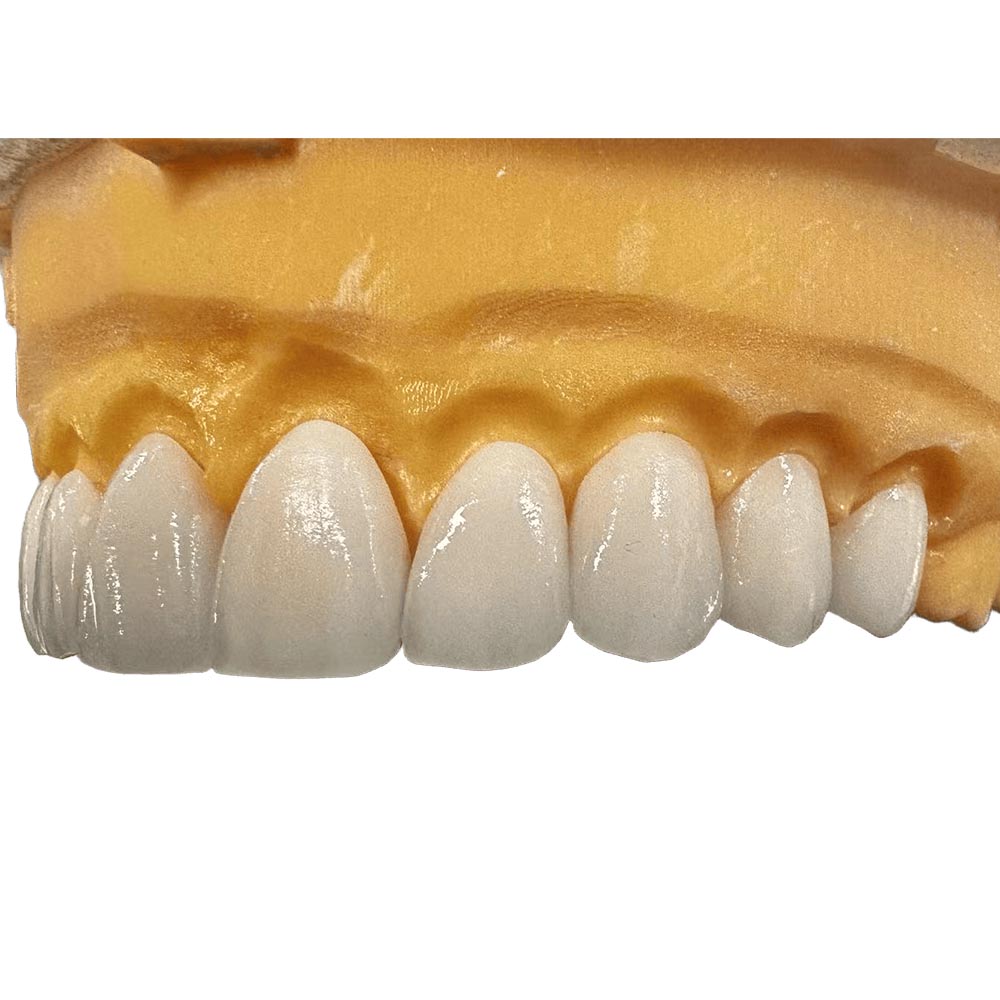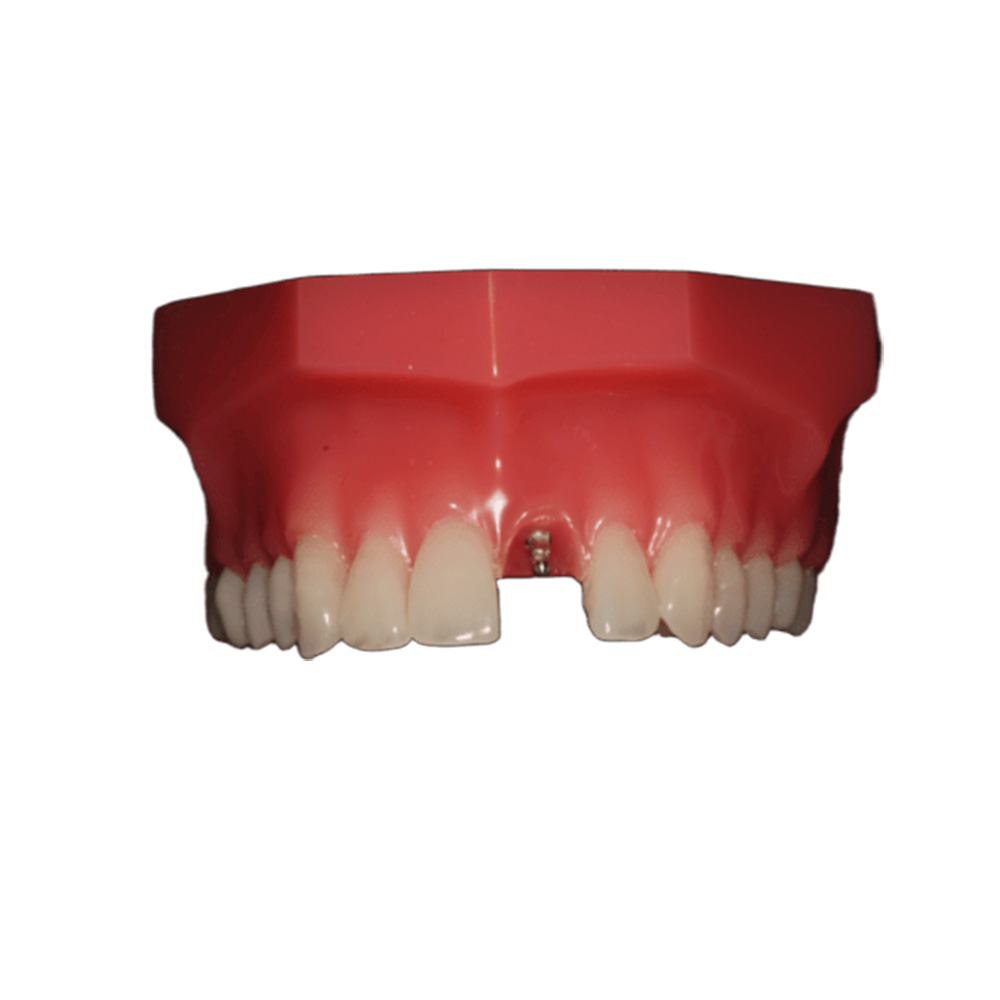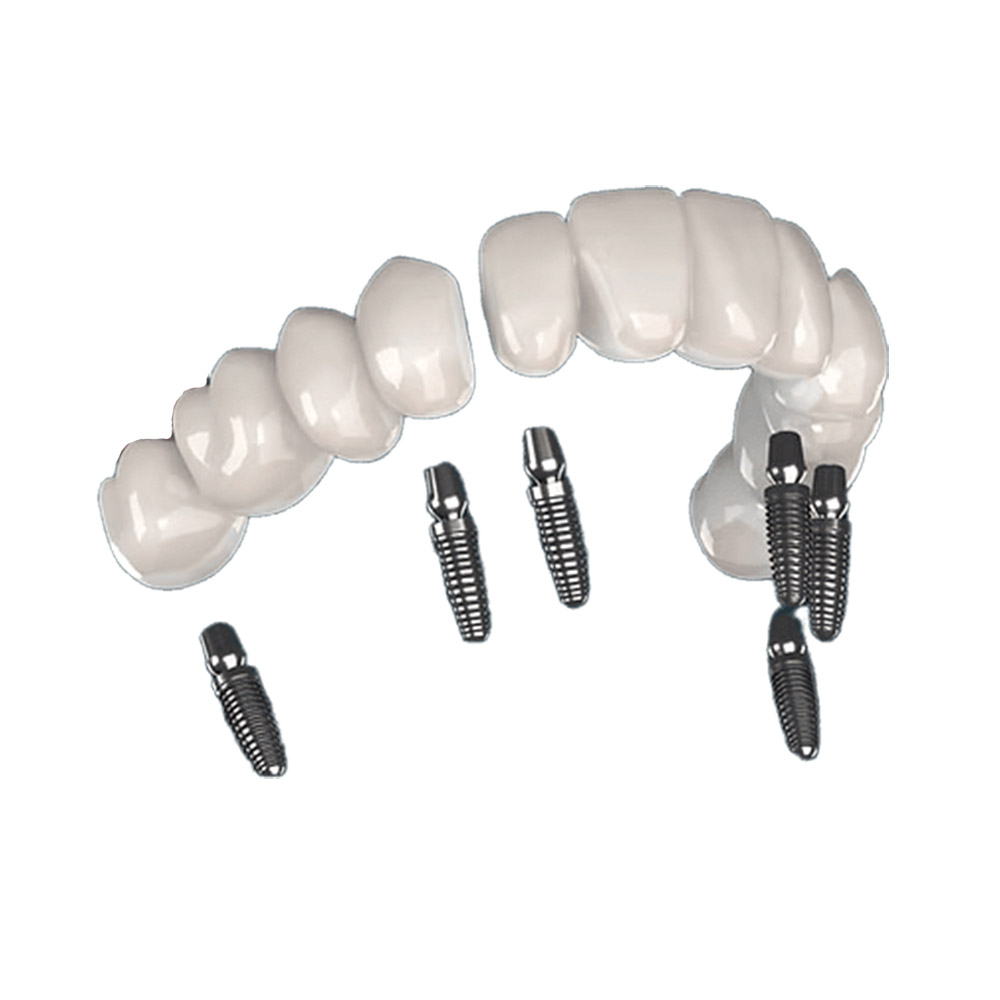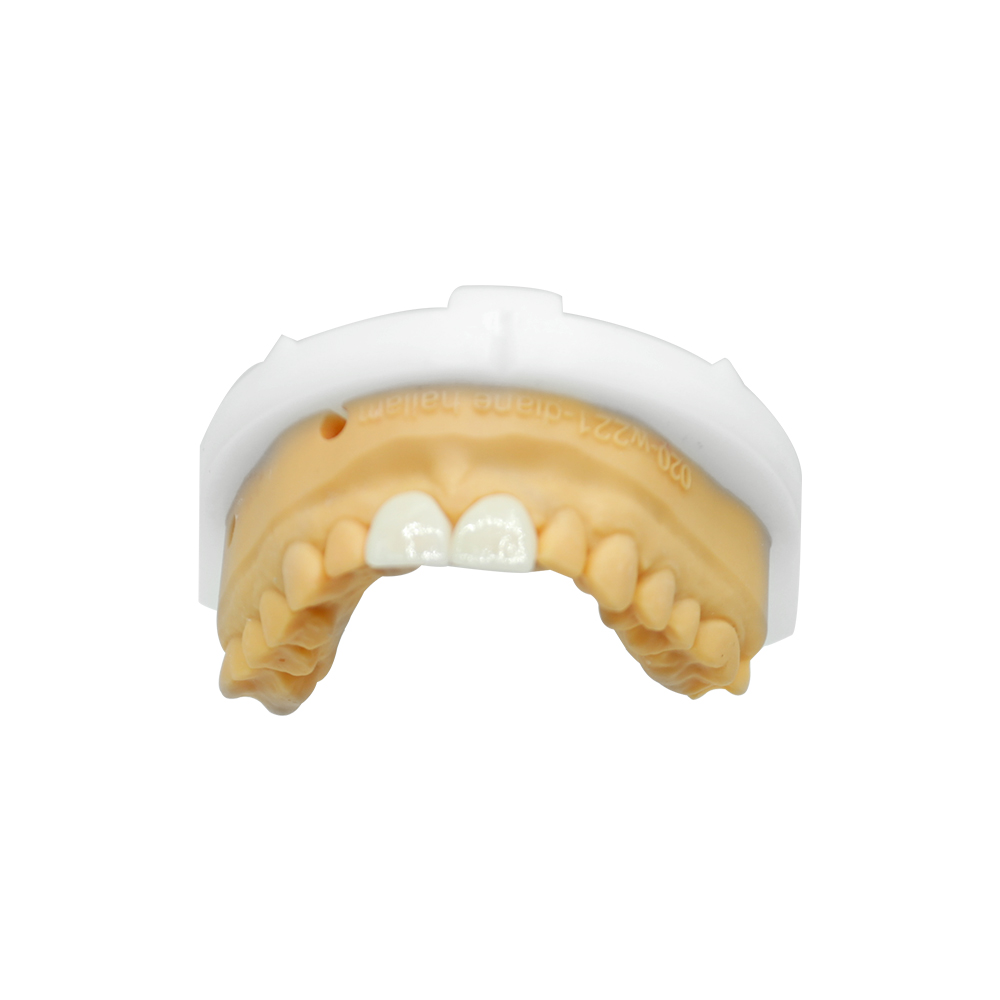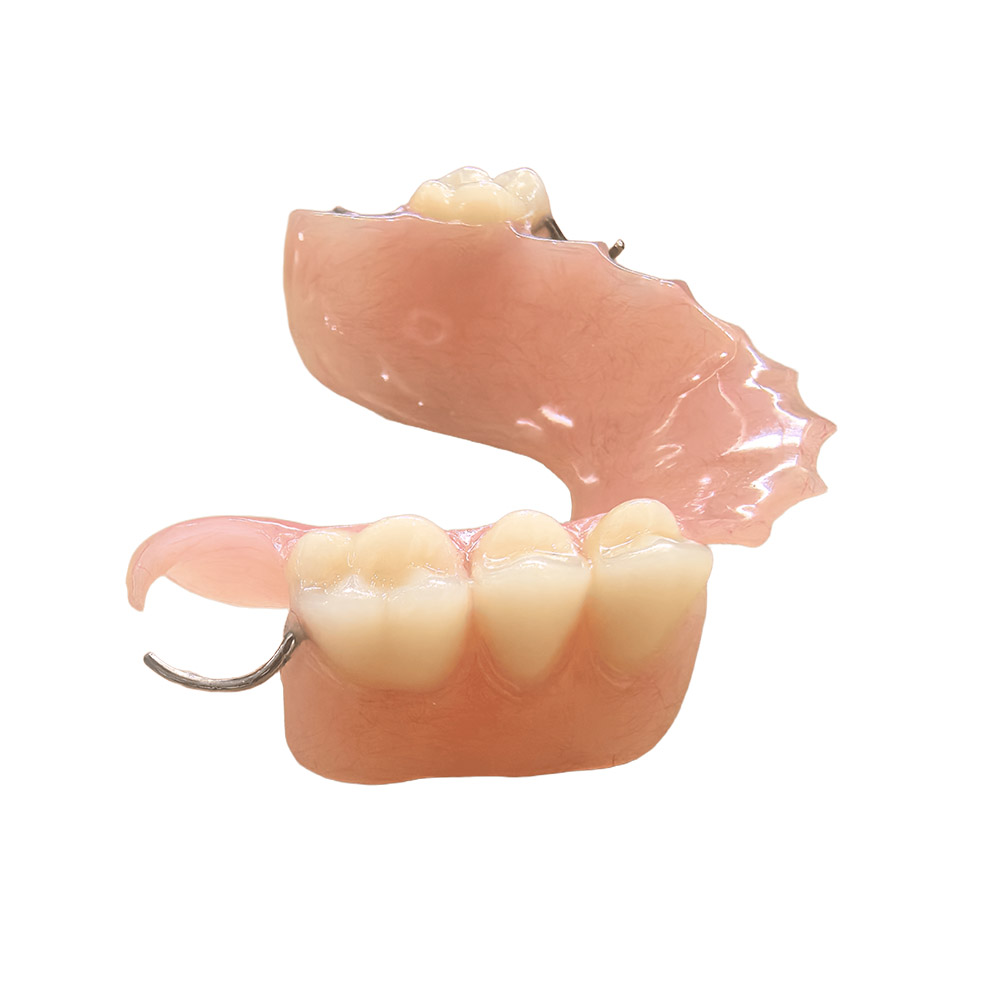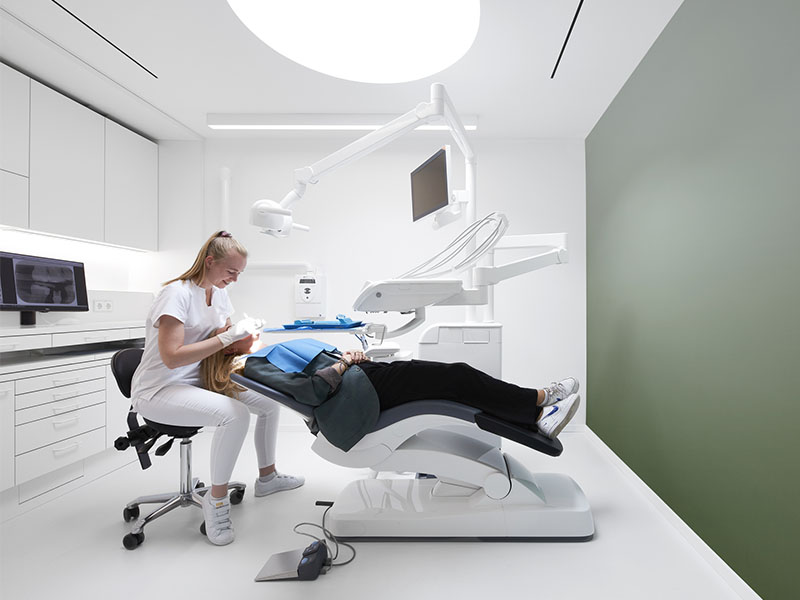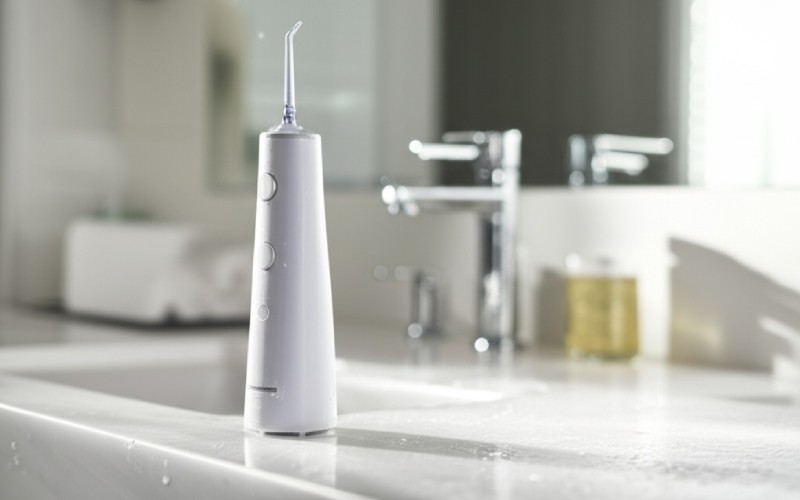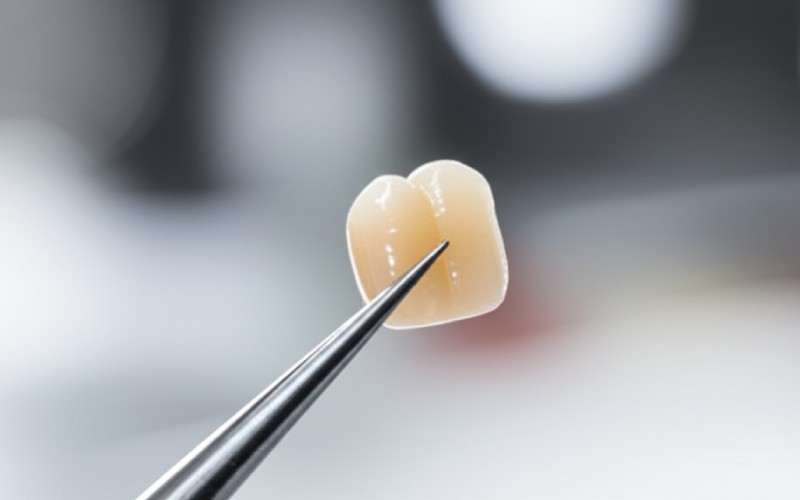Complete Upper/Mandibular Denture
Your Go-To Partner for High-Quality Complete Upper/Lower Dentures
As one of China’s top five dental labs, Istar Dental Lab is dedicated to helping dentists around the world with the latest in artificial teeth solutions.
Complete dentures are a key part of restoring a patient’s mouth. They are artificial teeth carefully made to replace all missing teeth in the upper (maxillary) or lower (mandibular) jaw. At Istar Dental Lab, we know how important they are for helping people chew and talk again, and also for supporting the face and improving looks for those who have lost all their teeth. Besides these main jobs, dentures are also very important for keeping the bite correct (vertical dimension of occlusion) and for slowing down jawbone loss (alveolar bone resorption).
Why Choose Us for Your Denture Needs?
We know you need a partner you can trust. We work hard to be that partner for you. We help you solve common denture problems and get great results for your patients.
- Expert Team: Our team has top-level dental lab technicians. They work side-by-side with every tooth replacement specialist (prosthodontist).
- Quality You Can Trust: We follow the rules set by the American Dental Association (ADA) and the Commission on Dental Accreditation (CODA).
- Full Support: We give you great educational materials for patients and clear instructions on how to care for their dentures.
We make every upper complete denture (maxillary) to give great facial support and a beautiful smile.
Our Complete Denture Products
We offer many kinds of false teeth. This helps you find the best option for every patient who has lost all their teeth (edentulism). This includes making a full upper denture or a complete lower denture (mandibular).
| Denture Type | Description | Key Benefits for the Patient |
| Conventional Dentures | Conventional complete dentures are the standard type, and they are still a very important and common option. Their success depends on choosing the right materials and making them very carefully. | Very strong. It fits well for a long time after the mouth has healed. |
| Immediate Dentures | Also called temporary dentures. We make these before teeth are removed and put them in right after. | The patient never has to be without teeth. It’s a good way to smoothly switch to dentures. |
| Implant-Supported Dentures | Implant-supported complete dentures are a major change in tooth replacement. They offer much better use, stability, and patient happiness compared to the older types. | Gives the best stability and hold. Solves the problem of a loose lower denture. |
| Premium & Digital Dentures | Istar Dental Lab is a leader in using digital technology to make complete dentures. | The most natural-looking dentures. Gives a perfect, balanced bite and comfort. |
We are skilled at making a single complete denture that looks great next to natural teeth. Every lower complete denture (mandibular) we make is built to work well and be comfortable.
The Denture Making Process: Step-by-Step
The standard way of making dentures is a very detailed, multi-step process that needs to be exact at every stage:
- First Mold: A starting mold, usually made with alginate, gets the basic shape of the patient’s jaw where teeth are missing (edentulous arch).
- Making a Custom Tray: We make a special tray on the first model that fits the patient’s mouth perfectly. This helps get a more exact second mold.
- Shaping the Edges and Second Mold: This very important step uses a very precise mold material (like zinc oxide-eugenol or elastomeric materials) to get the working edges of the area where the denture will sit. This makes sure the denture stays in place and is stable.
- Pouring the Main Model: A very exact main model is made from the second mold using special dental stone.
- Making the Base and Wax Rims: A firm base is made on the main model. We add wax rims to it to figure out the bite line and the vertical dimension.
- Recording the Bite: The dentist does procedures to get the patient’s exact bite information (maxillomandibular relationship), including the vertical dimension of occlusion and centric relation.
- Setting Up Teeth for a Wax Try-in: We carefully set the artificial teeth in wax, thinking about how they look and work. A wax try-in lets the patient and dentist check the look, speech, and bite before the denture is finished.
- Putting in a Flask and Removing Wax: The wax model is put into a dental flask. The wax is then melted away with hot water, which leaves a mold for the PMMA material.
- Packing with PMMA Resin: The PMMA resin is mixed and packed into the mold.
- Hardening the Material: The flask is put through a careful heating process (usually 74°C for 8 hours for heat-cured PMMA) to harden the resin. This process greatly affects the final quality. If not done right, it can leave behind material and make the denture weaker.
- Removing, Finishing, and Polishing: The finished denture is taken out of the flask, smoothed down, and polished until it’s very shiny.
Materials We Trust
Materials for Conventional Dentures
Most standard complete denture bases are made from polymethyl methacrylate (PMMA). Heat-cured PMMA is the top choice because it’s strong, safe for the body, and easy to work with. Denture teeth are usually made from either cross-linked acrylic resins or porcelain. Acrylic teeth are popular because they bond well to the PMMA base, are easy to adjust, and absorb shock. Porcelain teeth look great and last a long time, but they are heavier, break more easily, and need to be held in place mechanically.
Materials for Implant-Supported Dentures
The materials for implant-supported dentures are chosen for their strength, safety, and looks:
- Implant Systems: New implant systems have special surface coatings designed to help the implant join with the bone (osseointegration) and be stable early on, especially in weaker bone.
- Frame Materials for Fixed Dentures:
- Titanium: The best choice for frames because it’s very strong, body-safe, and can be shaped very precisely with CAD/CAM.
- Zirconia: Used more and more for solid or layered frames. It looks great, is very strong (>900 MPa), and resists plaque buildup.
- PEEK (Polyetheretherketone): A light, shock-absorbing plastic that x-rays can pass through. It can be covered with another material for looks. Early studies show patients find it comfortable and that it sends less pressure to the implants.
- Cobalt-Chromium (CoCr): Used for frames made by milling or casting. It is very stiff.
- Materials for Artificial Teeth and Gums:
- High-Impact Acrylic Resin: The standard for denture teeth and gum parts. It’s easy to fix and adjust.
- Composite Resins: Wear better and look better than acrylic, and their color lasts longer.
- Monolithic Zirconia Teeth: Used in full-shaped dentures for the best wear resistance.
New Digital Ways of Making Dentures
Istar Dental Lab is a leader in using digital technology to make complete dentures. The big effect of using digital methods, including intraoral scanning, CAD/CAM, and 3D printing, has completely changed how we design and make dentures. This leads to accuracy, speed, and patient comfort like never before.
Digital Methods and Key Technologies
Using digital methods for complete dentures is quickly becoming more common. Top digital design software offers complete solutions from start to finish, for both standard and implant-supported designs.
- Intraoral Scanning: New intraoral scanners have much better programming for scanning jaws with no teeth. While it’s still tricky to capture moving gums and edges, the accuracy for still tissues is very good (within 100–200 microns). Getting rid of old-style mold materials and trays makes patients more comfortable, reduces the gag reflex, and saves time in the chair.
- CAD Design Software: Digital design software lets us set the bite on a computer, place teeth exactly, and design a custom denture base. We can use the patient’s specific mouth shape and even information from their old dentures. For implant cases, we use scan bodies to get the exact implant positions, which helps us make a very accurate denture and reduces the need for multiple try-in visits.
- Making the Denture with a Computer (CAM): The digital design is sent to a computer-aided manufacturing (CAM) machine. These machines use either milling (carving away material) or 3D printing (building up material).
- Milling: High-tech milling machines carve the denture base from ready-made blocks of PMMA, zirconia, or PEEK. Milled dentures are usually stronger and fit better over time.
- 3D Printing: 3D printing, especially with DLP and SLA technology, is becoming more popular because it’s fast and a good value for the money. It’s great for making try-in models, Immediate Dentures, and final denture bases.
Our use of a soft liner or a hard liner for dentures helps solve problems like sore spots. This helps avoid the need for too much denture glue. A great fit from the start helps with chewing and speaking. For those looking for other options, we can also talk about a fixed bridge or the well-known Maryland bridge. We even make palateless dentures (without a roof plate) for better comfort.
Your Trusted Partner in Tooth Replacement
From a simple fix for a broken denture to making a complex All-on-4 or All-on-6 hybrid dentures solution, we are here to help. We are your main lab for any case involving a jaw with no teeth (edentulous arch). We want to help you plan the best denture solution for every patient.
Let us be the lab behind your best work. We make every complete upper/lower denture with care. We help you with all tooth loss solutions.
Ready to get started? Contact us today to see the quality for yourself








